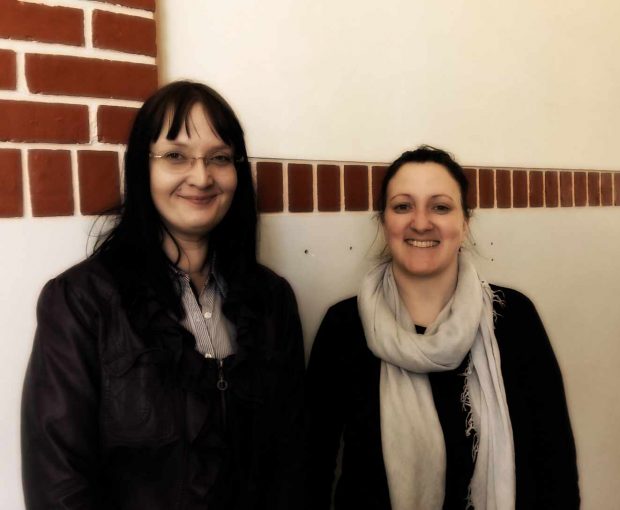During International Staff Week, coordinators Daniela from Technische Hochschule Ingolstadt (THI) / Germany / Ingolstadt and Milla from Helsinki Metropolia UAS / Finland / Helsinki had discussions concerning Alumni Relations. These are their thoughts on the matter.
First of all, German and Finnish education systems differ slightly from each other. In Finland you basically get all the Higher Education studies free of charge. The rest of the world tends to ask for some kind of tuition fees at some point of study. Higher Education in both countries are divided into Universities of Science and Applied Sciences.
In Finland and Germany, the Institutions of Higher Education provide studies for Bachelor and Master level.In both countries the graduates are always the alumni of their own alma mater.
Alumni membership – There are however national differences between Universities, so let’s take a closer look at THI and Metropolia: At THI alumni network members can be both graduates and current students. At Metropolia alumni register can be joined by graduates, retired employees, international exchange students, but not current students. In both the Alumni Network Membership is free of charge yet donations are welcomed.
Alumni activities – At THI the typical Alumni Activities include Events, Seminars, Newsletter, “Behind the Scenes of Faculties” workshops or laboratory talks, Alumni Regular’s Table, Career Lounge, Alumni Spokespersons and their meetings. At Metropolia the typical Alumni Activities include Events, Seminars, Parties, Newsletter and Alumni Relations’ Development Network. There are also possibilities to arrange Campus Walks or other gathering for old classmates.
Career after graduation – The University of Applied Sciences studies typically aim at a Degree and a profession and the studies have some integration with working life. The alumni ideally step after graduation to their career path and become members of their professional networks at their workplaces. They also stay in touch with their former student colleagues.
Working life ambassadors – In their workplace, alumni are always the ambassadors or messengers of the Universities, too. If they succeed, we can all be successful and gain good reputation. This could also let Universities to gain positive testimonials from their alumni and encourage younger people to apply to university.
Life Long Learning – Developing constantly is more and more important for businesses and individuals. The changes in the labor market is very fast. Many universities have their further training centers, where they offer and sell post-graduate education programs or courses. Former students are a big target group for sales purposes and marketing happens often by contacting members of alumni network.
Customer relationship – Every successful company is investing in good customer relationship management, why would public company like a University do the same? It might not be a tradition yet, so it could need a little more thought before acting. The golden rule should be that Alumni Relations is always more than just selling.
Giving back – On the other side the alumni network has the possibility to give their Alma Mater something back. Financially or by other means. The most valuable things to give back are the experiences after graduation. The alumni can offer the current students insights to working life their teachers might not.
What we learned from each other – Based on our experiences as Alumni Relations Coordinators, we have learned that both in Germany and Finland the Engagement of Alumni as well as Staff of University is both hard and necessary.
Engagement should be started already during the study years. “That’s why I find student membership a very nice idea, but not sure if it would work for us as such”, thinks Milla, “Instead we should be able to integrate alumni to our everyday studies as visiting lecturers or otherwise. It would benefit alumni to meet the current students, too. The alumni should be invited to come and participate the lessons – not entire courses. This kind of collaboration would not cost anything extra but would benefit all.”
“Not only knowing the importance of Alumni Relationship Management is sufficient”, Daniela points out. “It´s important to show the network how important and valuable they are. In order to demonstrate it, Universities may integrate Alumni more visible in any kind of activities. For example, publishing career stories or engaging Alumni as guest lecturer. Further Universities could nominate Alumni for their work, for donations or other best practice activities.”
“Finally, we need further collaboration with each other as institutions of higher education. And must have possibilities to compare our practices and learn from each other, in the future too”, Milla concludes.










Ei kommentteja